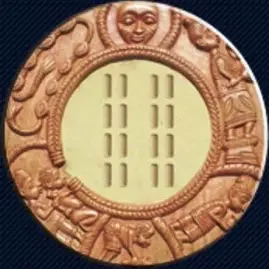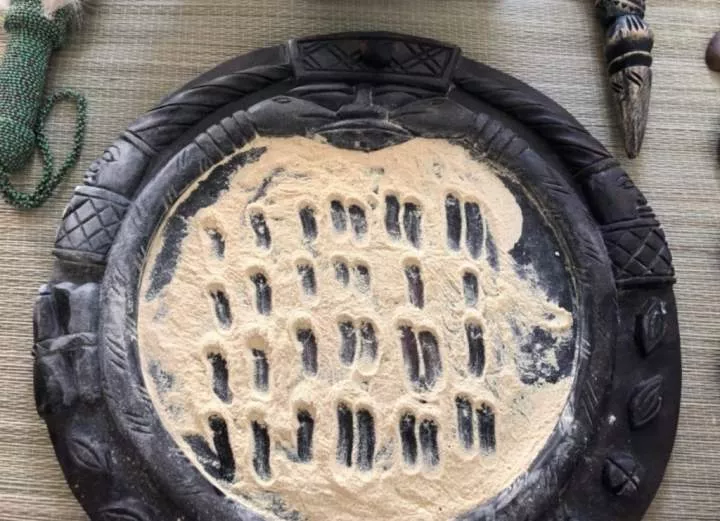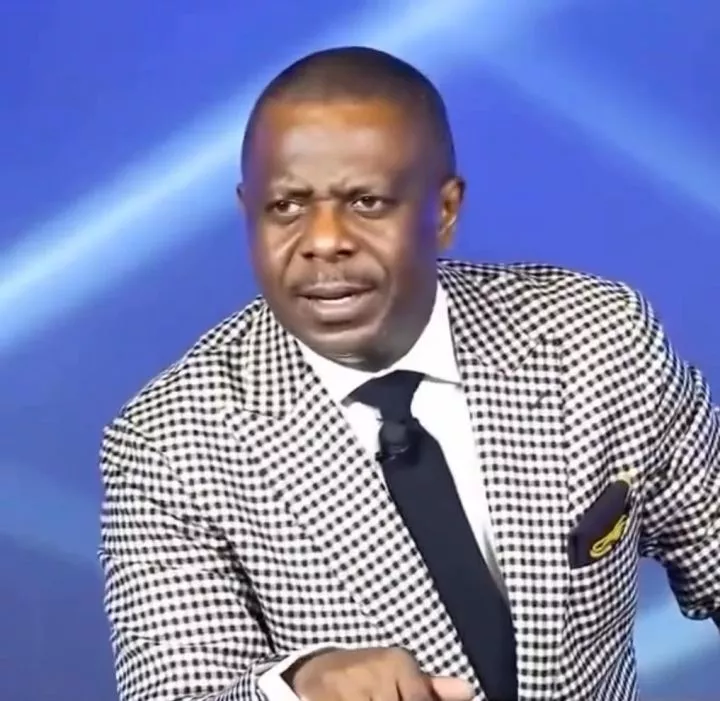The Yoruba empire is one of the oldest in modern history, at least they have been around since the early 14th century. Their culture and traditions peaked during the late 16th century, during the old Oyo empire. The success of the Yoruba tradition is not entirely tied to foreign religions, or the now various denominations...

The Yoruba empire is one of the oldest in modern history, at least they have been around since the early 14th century. Their culture and traditions peaked during the late 16th century, during the old Oyo empire.

The success of the Yoruba tradition is not entirely tied to foreign religions, or the now various denominations amongst the dominant religions we have today, after the European invasion. Their success was tied to their divination system, popularly known as the Odu Ifa, which has 256 verses, with each verse revealing the many hidden truths about a culture fading away.
Here are the things to know about the Yoruba divination system, and how threatened it has become in today's reality.
The divisions of Odu Ifa.
The heart of Ifa divination lies within the Odu, a collection of 256 sacred verses. Each mode offers a unique message, providing guidance and insight into various aspects of life. Here's a brief breakdown of the first 16 odu:
Ogbe (Supporter): Represents pure light, expansion, and alignment with destiny.
Oyeku (Mother of Spirit of Death): Signifies darkness, endings of cycles, and potential for peace.
Iwori (Deep Seer): Represents transformation, fire, and the importance of character.
Odi (Seal): Symbolizes rebirth, procreation, and letting go of the past.
Irosun (Resounding Osun): Represents ancestral lineage, fulfilling potential, and honouring family.
Owonrin (Reversed Head): Represents unexpected change, chaos, and adaptability.
O'bara (Resting and Hovering One): Signifies inner strength, overcoming ego, and respect for others.
Okanran (Beater of Sticks and Mats): Represents following your heart, emotional balance, and seeking truth.
Ogunda (Creator): Represents clearing obstacles, progress, and fulfilling destiny.
Osa (Spirit of Sa/Oya): Signifies sudden change, transformation, and embracing challenges.
Ika (Controller): Represents personal power, self-affirmation, and responsible use of words.
Oturupon (Bearer): Represents maintaining health, understanding disease, and the body's healing power.
Otura (Comforter): Represents mystic vision, purpose, and avoiding self-importance.
Irete (Crusher): Signifies determination, self-transformation, and overcoming resistance.
Ose Conquerer): Represents abundance, fertility, and the power of prayer.
Ofun (Giver) Represents answers to prayers, miracles, and the source of creation.
This is just a glimpse into the vast wisdom of the Odu. Each verse holds additional details and interpretations, offering a rich tapestry of knowledge for those seeking guidance through Ifa divination.
Whispers of Wisdom:
Forget crystal balls Ifa relies on sacred palm nuts and a divination chain to consult a vast library of verses called odu. These verses, rich with history, proverbs, and ancestral wisdom, offer guidance for navigating life's uncertainties.
The Interpreter, Not the Oracle:
Unlike some divination methods, Ifa doesn't require psychic powers. Skilled priests, the "babalawo," act as a bridge between the seeker and the messages encoded within the odu.
Colonial influences and changing social values have posed challenges to Ifa's survival. It is even more of a tragedy that those who should preserve this system are the ones walking away from it, The Yoruba race. With many experienced Babalawos yet to have those to take over from them, in the name of civilisation, the knowledge of interpreting the odu faces the risk of being lost.
















Comments